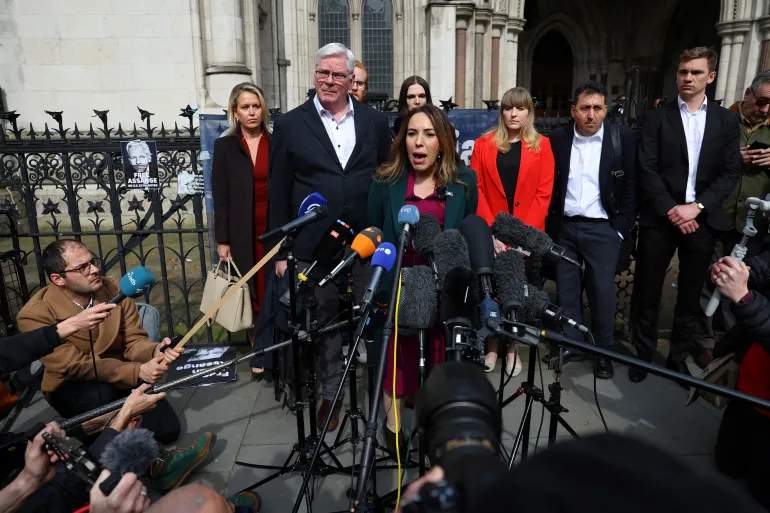In a significant turn of events that has caught the attention of UK court advocates for press freedom and human rights around the globe. UK court has recently paved the way for Julian Assange. The founder of WikiLeaks, to appeal his extradition to the United States.
This development not only reignites discussions around the complexities of international law. And human rights but also offers a glimmer of hope for Assange and his supporters. As we delve into the nuances of this pivotal moment. Let’s explore the implications of the court’s decision. The arguments at the heart of Assange’s appeal. And what this could mean for the future of journalistic freedom and international extradition treaties.
A Glimmer of Hope Emerges
Although this may be true , but Kicking off with the court’s decision. It’s clear that this moment represents a significant, albeit preliminary, victory for Assange and his legal team.
By granting the opportunity to appeal. All of a sudden the court acknowledges the complexity and gravity of the legal and ethical questions surrounding the case.
Both this move not only underscores the importance of due process and highlights the ongoing debate over the balance between national security and freedom of the press.
Delving into the Appeal’s Core Arguments
As a matter of fact ,we may also look deeper into the core arguments of Assange’s appeal. Several critical issues come to light. Neither Central to his legal team’s argument is the concern over the potential impact on Assange’s health and well-being if extradited nor coupled with broader implications for press freedom and the protection of whistleblowers. Both these concerns resonate with many around the world and emphasizing the case’s significance beyond the immediate legal battle.
The Broader Implications for Press Freedom
Well as we can see the court’s decision is here. And It allow an appeal opens up to a broader conversation about the state of press freedom globally. Assange’s case has long been viewed as a litmus test for the protection of journalists. Not only their ability to expose government wrongdoings but also its without fear of retaliation. The outcome of this appeal could have far-reaching implications for journalists. Everywhere, reinforcing or undermining their role as watchdogs of democracy.
Navigating the Complexities of International Extradition
We have seen that this case shines a spotlight on the complexities. Where its potential pitfalls of international extradition treaties. The nuances of Assange’s situation underscore the delicate balance between upholding the law and protecting human rights. Highlighting the need for robust legal frameworks that safeguard individuals’ rights across borders.
The Path Forward UK court
The UK court’s decision to allow Julian Assange to appeal his extradition to the United States.
And it marks a crucial juncture in a saga that has spanned over a decade. As we look forward, the implications of this case. Both for Assange and for the broader principles of press freedom and international law, are profound.
The global community watches with bated breath, not only did outcome of this appeal could set important precedents for the future of journalism but also human rights, and international cooperation.
Inspired by Al Jazeera News and read more articles here or read previous articles here.
